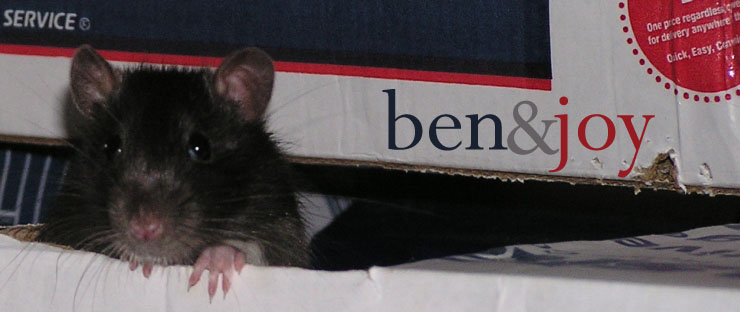Northern Short-tailed Shrew
Little did I know that today I would find myself face-to-face with one of North America's most ferocious predators, and a venomous one, at that.
I was getting ready to take Laney for a walk when I thought I heard something scurry on the other side of the garage. I checked a couple boxes and bags. I thought I heard some scurrying when I was checking one trash bag. I took some of the trash out and then dumped the bag into a trash can. Down fell a shrew. I have seen them poking around before, but I hadn't gotten a good look. He ran around quite fast. Laney was interested, but not too interested. I got him some duck leftovers and he went to town. He wasn't content to just eat, he wrestled the duck wing, rolling around with it. Joy helped me get some pictures by holding a light. After a brief incarceration, I put him and the duck wing back in the bag. Happy hunting.
Mammals of Indiana, a Field Guide by Whitaker lists these shrew facts: Their heart rate may reach 20 beats per second and their breath rate may reach 12.5 breaths per second! They consume great quantities of worms, insects, and other invertebrates, and some vegetation. Additionally, they feed on the minute, underground fungus Endogone. The short-tailed shrew is one of the most common native mammals in Indiana. On average, they live about a year. (I guess that would make about 3 days a shrew year.)
Wikipedia lists these Short-tailed Shrew facts: The Northern Short-tailed Shrew consumes three times its weight each day. The saliva of the northern short-tailed shrew contains a kallikrein-like protease, used to paralyze and subdue its prey. The toxin is strong enough to kill small animals, up to sizes somewhat larger than the shrew itself, and results in painful bites to humans who attempt to handle the shrew. (I had on two layers of gloves, and I didn't handle him much.) Apparently, these shrews also can use echolocation! That's a pretty awesome little mammal.






1 comment:
Thanks for the nice natural history bonus info! Great little encounter! Hope you've been well!
Post a Comment